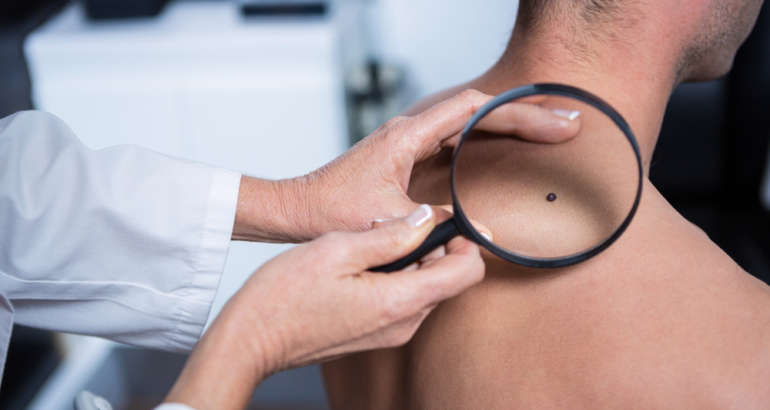People often question the need to wear sunscreen in certain climates, weather conditions, and seasons. In fact, many women and men believe that they can forgo daily sunscreen as they transition into fall.
But the reality is that even with cooler temperatures, reduced sunlight, and increased clouds, everyone should continue to wear sunscreen.
That’s because skin is always susceptible to some degree of sun damage and requires ongoing and constant protection from harmful UV rays.
Continue reading to learn why year-round sunscreen use is so important and how you can protect yourself from sun damage this fall.
4 Sun Care Tips for Fall
1. Sunscreen Should be Worn Year Round
Each and every day, you should apply a broad-spectrum (UVA and UVB coverage) sunscreen with at least a 30 SPF. This is a habit that will help ward off wrinkles, sun spots, and lines as well as decrease your risk for skin cancer.
2. Avoid Sun Exposure Between 10 am – 4 pm
Not only is it important to wear SPF in the fall, it’s also recommended that you limit sun exposure between 10 am – 4 pm. This is the time that UVB rays are the strongest. If you do find yourself sitting outside or going for a walk during this period, be sure to apply sunscreen, wear a hat, and seek a shaded area.
3. Ice and Snow Can Increase Your Risk for a Sunburn
Another common assumption is that sunscreen is unnecessary in late fall/early winter. Especially when it’s cold enough to snow or ice. However, snow and ice have reflective properties that can lead to a sunburn. Also, be mindful of this when participating in outdoor sports, like skiing and hiking, as higher altitudes can make you more prone to burning.
4. Don’t Reduce Your SPF in Fall
Lastly, there’s no need to downgrade your 50 or 60 SPF that you wore all summer long. You can continue to apply the same product, assuming that it offers broad-spectrum protection. Learn More About the Importance of SPF in the Fall To learn more about the importance of SPF in the, fall please call our office today to schedule a consultation with board-certified dermatologist Dr. Johnathan Chappell.



